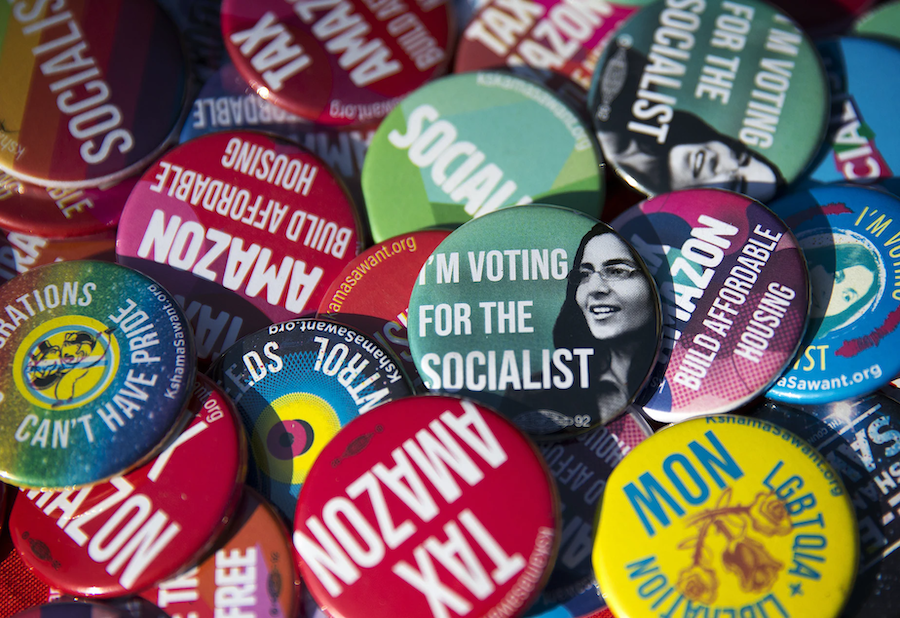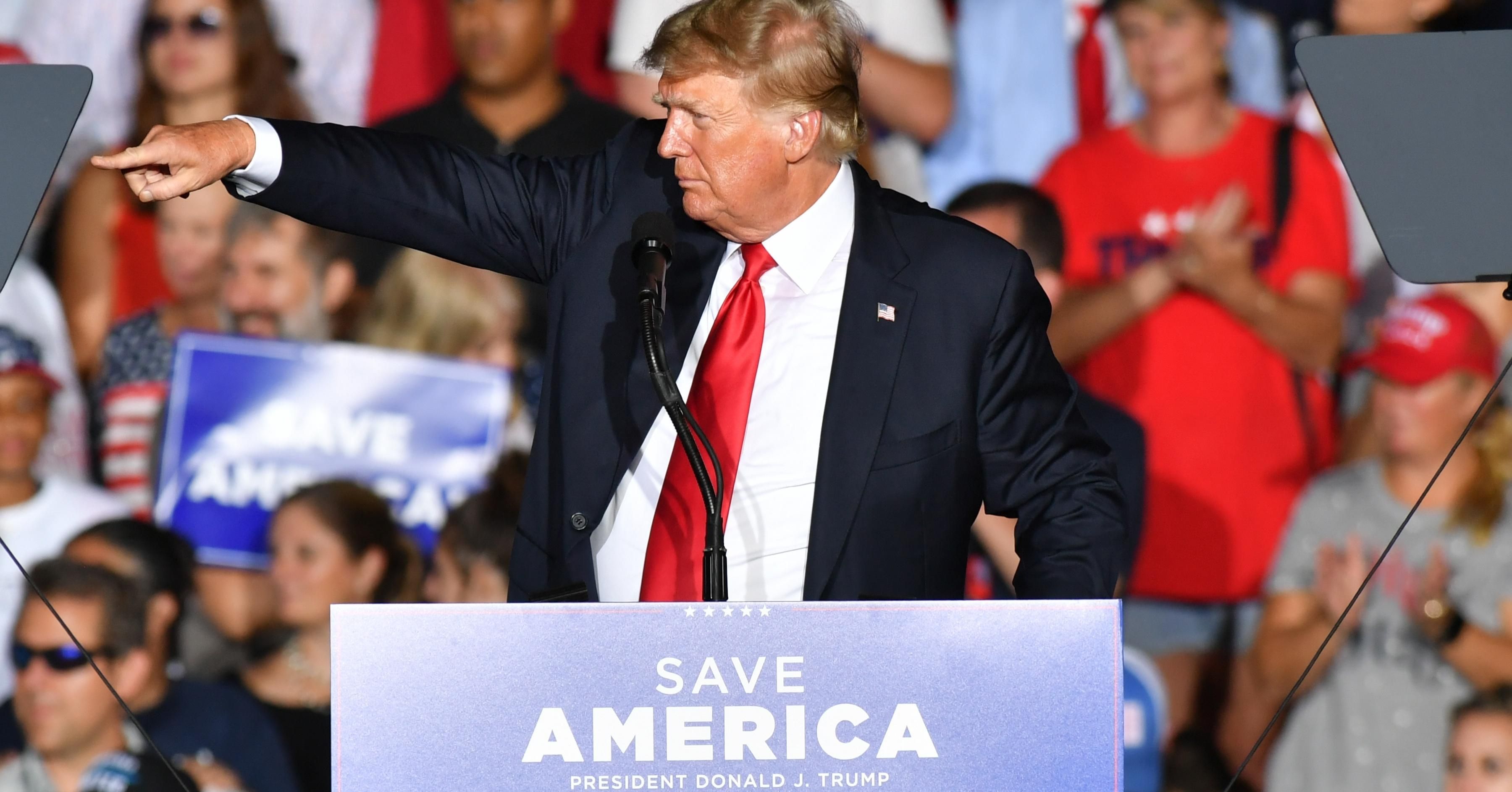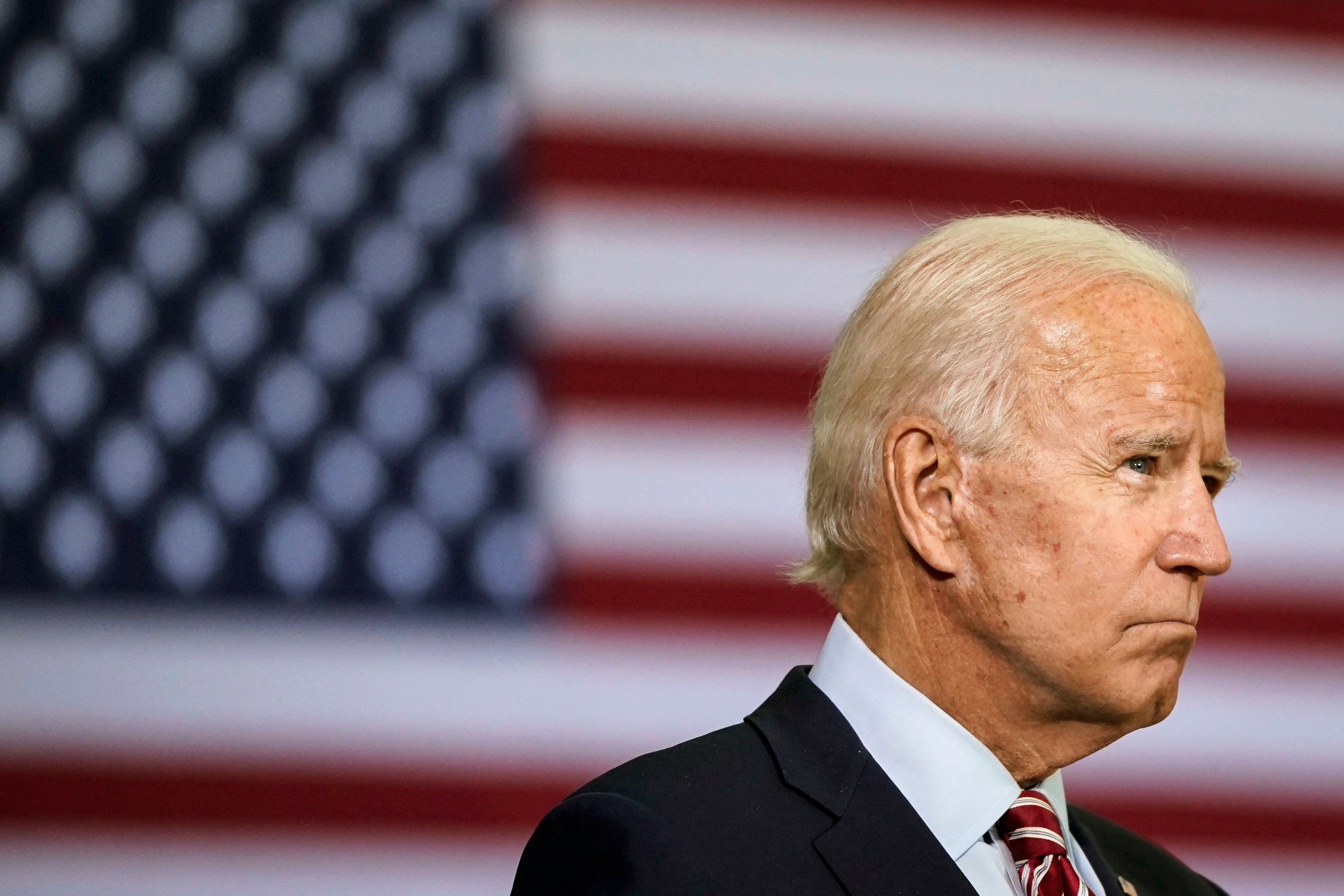United States
United States: Michael Harrington’s failure of vision

Interview with Doug Greene,
Learning from history: community-run child-care centers in United States during World War II

By Marty Hart-Landsberg
United States: For a fighting approach, not factionalism — An interview with Kshama Sawant

By Andy Sernatinger &
United States: After Trump, what prospects for Biden in the global imperial disorder?
Introduction and translation by Richard Fidler






